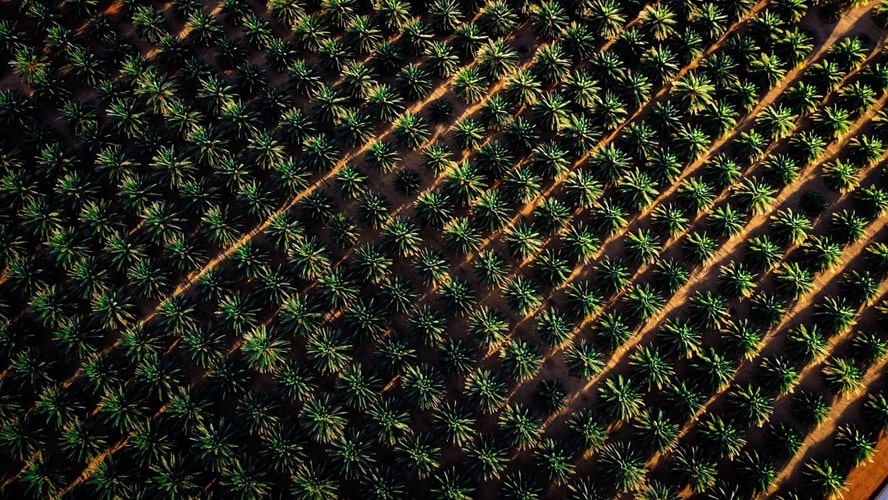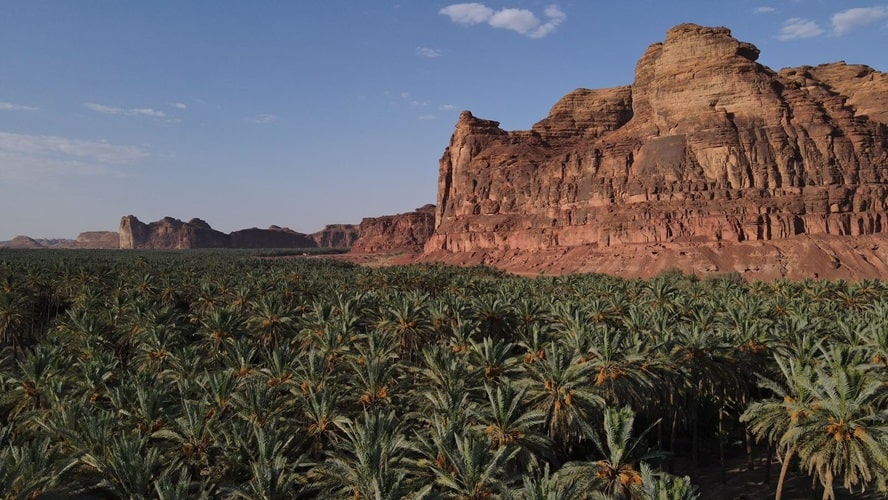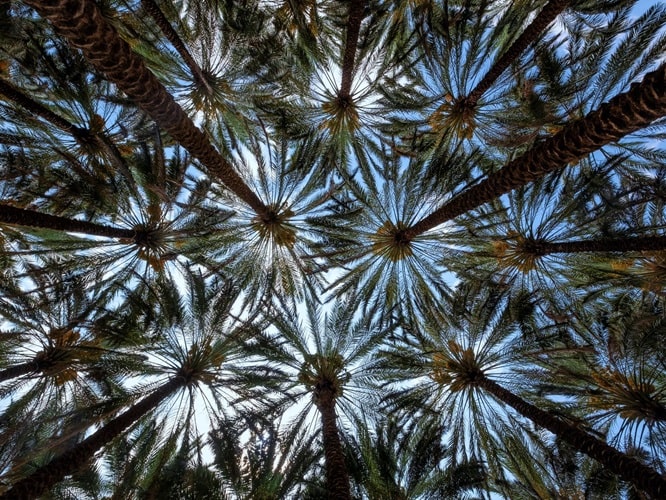AlUla – -: The Royal Commission for AlUla Governorate has completed its preparations for the launch of the “Dates Season 2024” in AlUla tomorrow, and it will continue until November 9, in partnership with several governmental and private entities, in a prominent seasonal economic event. The season represents an important economic tributary for the governorate, and provides an opportunity for AlUla farmers to display their date products to buyers and investors from inside and outside the Kingdom.
The season will start with a dates auction, in the housing district south of AlUla on Fridays and Saturdays of each week for 9 weeks, followed by the opening of the weekly market during the months of October and November, at the headquarters of the farmers’ market in Al-Manshiyah district.
This year, the market witnesses a new addition, represented by hosting interactive sessions with a group of the most famous chefs, with the aim of highlighting the rich heritage of AlUla, and exploring innovative ways to use dates in making various products and dishes.
The “Dates Season” comes within the map of agricultural sector activities for the year 2024 “AlUla’s Blessings Seasons” for fresh products, which began with the summer fruit season last July, and also includes the Bergerina season, which will be held at the end of November, and the citrus season in January 2025.
The season concludes with the “Shanna” day events, which is one of the most important means of preserving dates traditionally, as it is made of sheep or lamb skin, and storage begins in it from the time of harvesting dates of various types and for long periods of up to years.
Last year, the AlUla dates season achieved sales of 13 million riyals with the participation of 600 farmers, while the number of AlUla palm trees reached more than 3 million palm trees, extending over an area of 10 thousand hectares, with an annual production of up to 113 thousand tons of dates. AlUla embraces various types of dates, in addition to distinctive types such as Halwa in its black and red colors, as well as Majdool and Anbara and others, while Barni is the most common type, accounting for up to 80% of AlUla dates.
The Royal Commission for AlUla affirms its commitment to supporting farmers through programs, workshops and training courses to encourage sustainable practices and increase productivity, as this is among the targets to enhance the competitiveness of AlUla dates locally and regionally; achieving economic development through the agricultural sector, as AlUla dates constitute a prominent mark in Saudi date festivals, by working with many partners and institutions to develop the agricultural sector within the goals of sustainable development for AlUla in accordance with the goals of the Kingdom’s Vision 2030.






